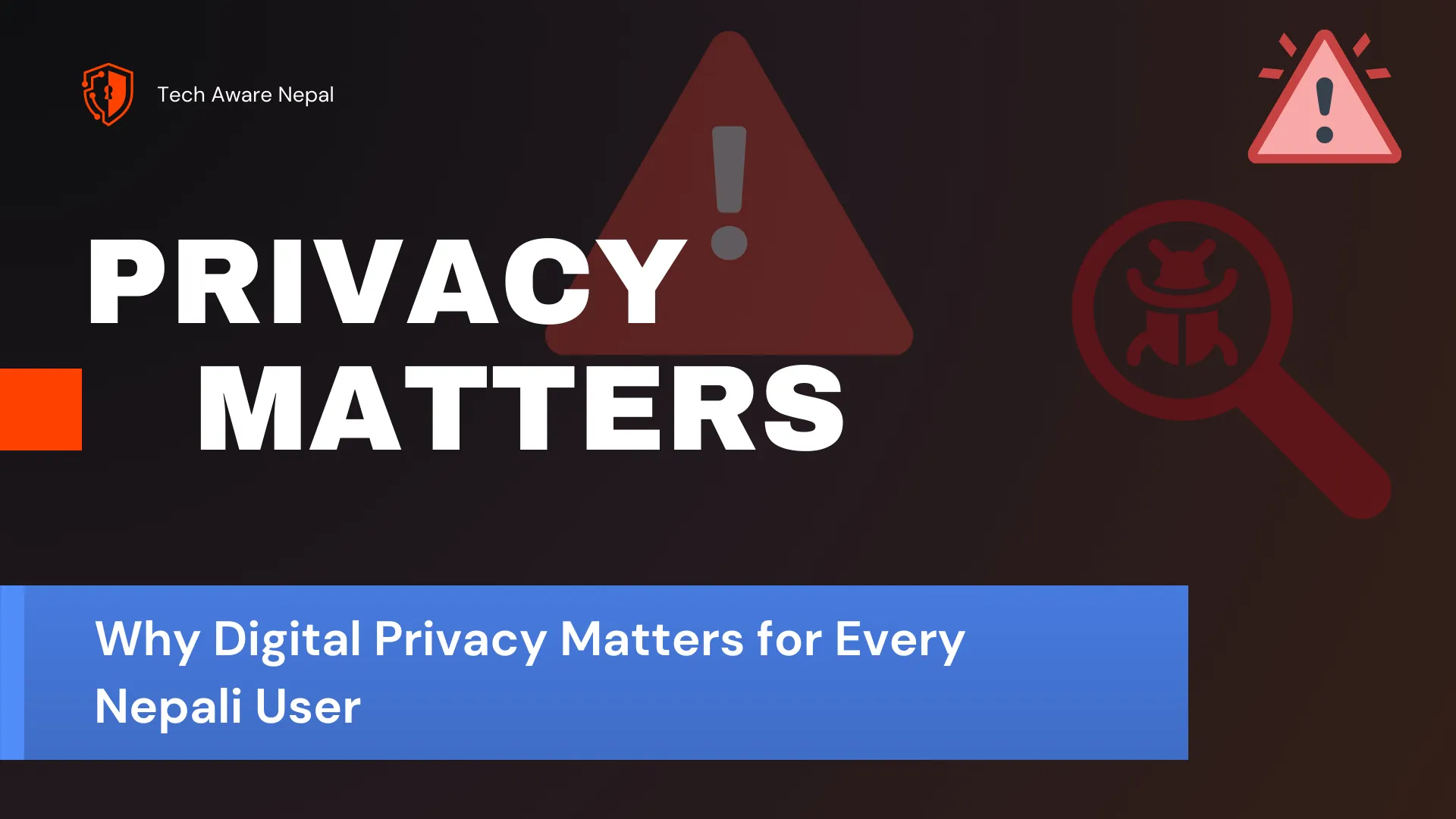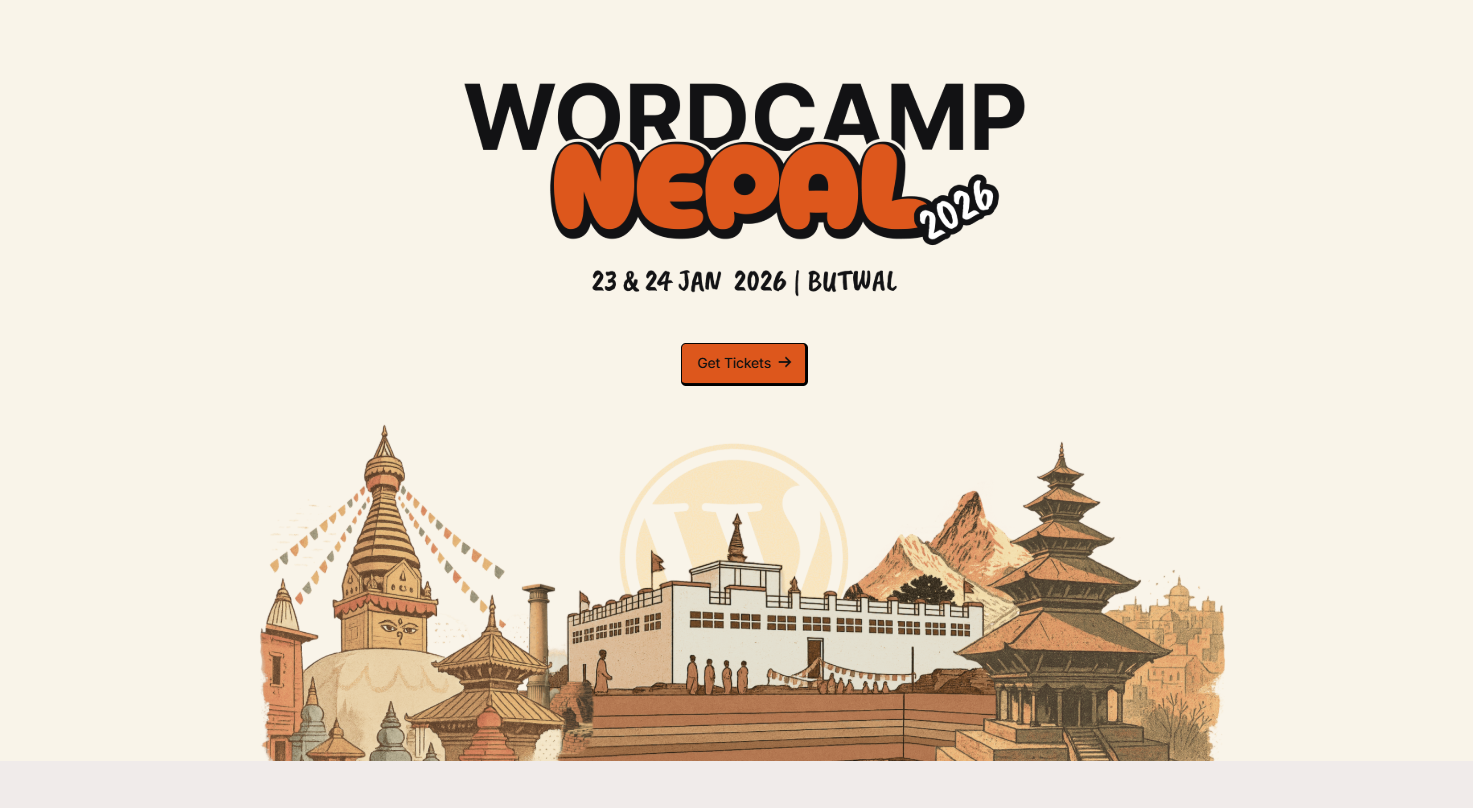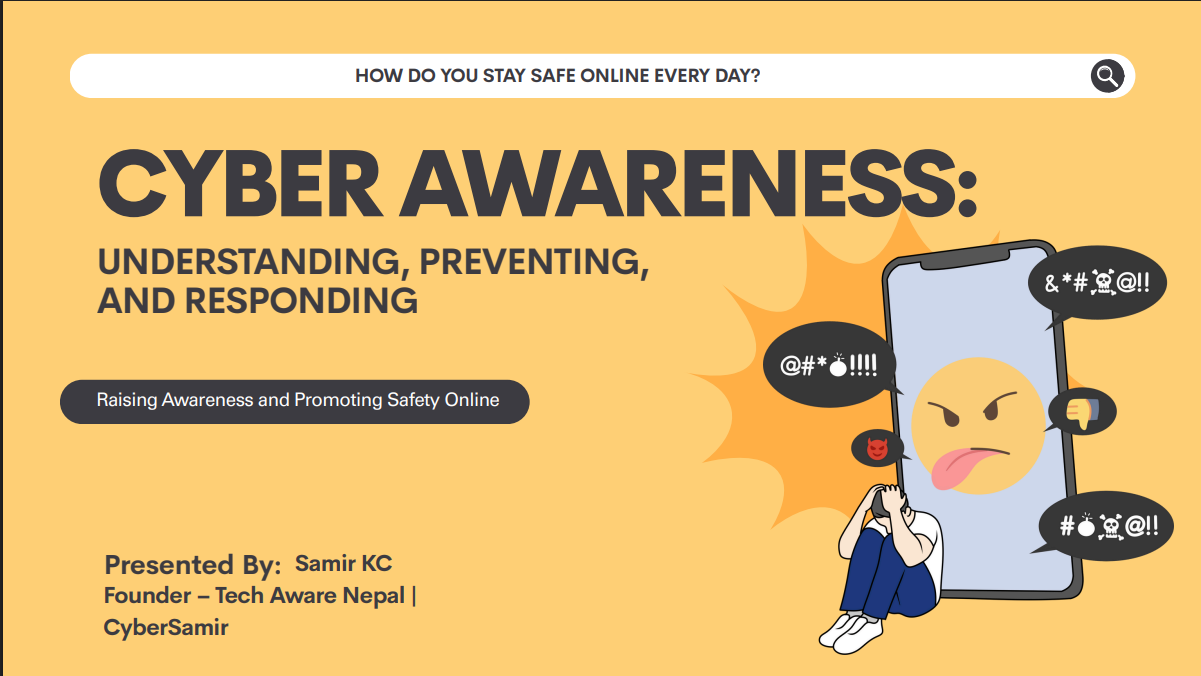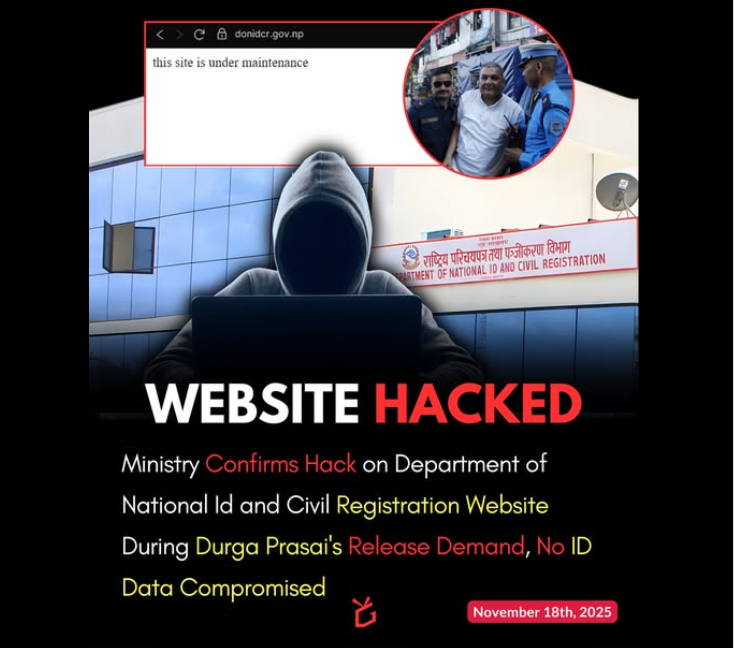
Guide explaining why digital privacy matters for Nepali internet users
In Nepal, there’s a common saying you might hear when talking about privacy: “Why should I worry? I have nothing to hide.” This idea is one of the biggest misunderstandings of our digital age.
Digital privacy isn’t about hiding secrets. It’s about control.
Think of your home (घर). You choose who you invite inside. You don’t let strangers wander through your rooms and look through your personal belongings. Your digital life your photos, conversations, location, and personal information deserves the same level of respect and control. In a world where we pay bills with Khalti, connect with family on Viber, and share our lives on Facebook, understanding and protecting your digital privacy has become essential for every single one of us.
Your Digital Footprint: The Trail You Leave Behind
Every time you go online, you leave behind a trail of data. This is your “digital footprint” (डिजिटल खुट्टाको छाप). Think about your daily activities:
- You “like” a friend’s wedding photo on Instagram.
- You search for a new mobile phone on Daraz.
- You use Google Maps to navigate the streets of Kathmandu.
- You pay your internet bill using your mobile banking app.
- You share a political opinion in a Facebook group.
Each of these actions, seemingly small on its own, adds to a vast collection of data about you. This data reveals who your friends are, where you live, what you buy, what you believe, and even where you are at this very moment. When companies or criminals collect this data, they know more about you than you might imagine.
The Real Risks: Why You Should Care
When you lose control of your personal data, you open the door to real-world harm.
1. Financial Scams and Fraud
Criminals are experts at piecing together small bits of information. They can take your phone number from one place, your date of birth from another, and your address from a third. They use this to create convincing scams, like the fake bank KYC update messages that trick people into giving away their PINs and passwords. The more they know about you, the easier it is for them to steal from you.
2. Personal Safety and Harassment
Publicly sharing your location through “check-ins” at restaurants or posting photos that reveal where you live can be dangerous. This information can be used by stalkers or harassers, turning online threats into real-world safety risks. This is especially critical for protecting women, children, and vulnerable individuals.
3. Damage to Your Reputation
In our culture, reputation (इज्जत) is incredibly important. Imagine a private conversation, a personal photo, or an old post being leaked and taken out of context. It can be used to embarrass you, damage your relationships with your family and community, or even affect your job prospects. Privacy ensures that you are the one who decides how the world sees you.
Simple Steps to Take Back Control
Protecting your privacy doesn’t mean you have to quit social media. It means you need to be smart and deliberate.
- Review Your Privacy Settings: Go to the settings section of your Facebook, Instagram, and TikTok accounts. Choose “Friends” instead of “Public” for your posts. Limit who can see your personal information like your phone number and birthday.
- Think Before You Share: Before you post, ask yourself: “Do I want this information to be public forever?” Be especially careful with location check-ins, photos of your children, and sensitive personal documents like your citizenship card or passport.
- Use Strong Passwords and Two-Factor Authentication (2FA): A strong, unique password is the main lock on your digital door. 2FA is the second, stronger lock. Always enable it on your important accounts.
- Be Skeptical of “Free” Apps: Remember the saying: “If the service is free, you are the product.” Be cautious about the permissions you grant to mobile apps. Does a simple photo editing app really need access to all your contacts and your microphone?
Digital privacy is your fundamental right. It is the freedom to be yourself, to explore ideas, and to live your life without being constantly monitored, judged, or exploited. By taking these small, simple steps, every Nepali can take back control and build a safer, more secure digital future for themselves and their families.





